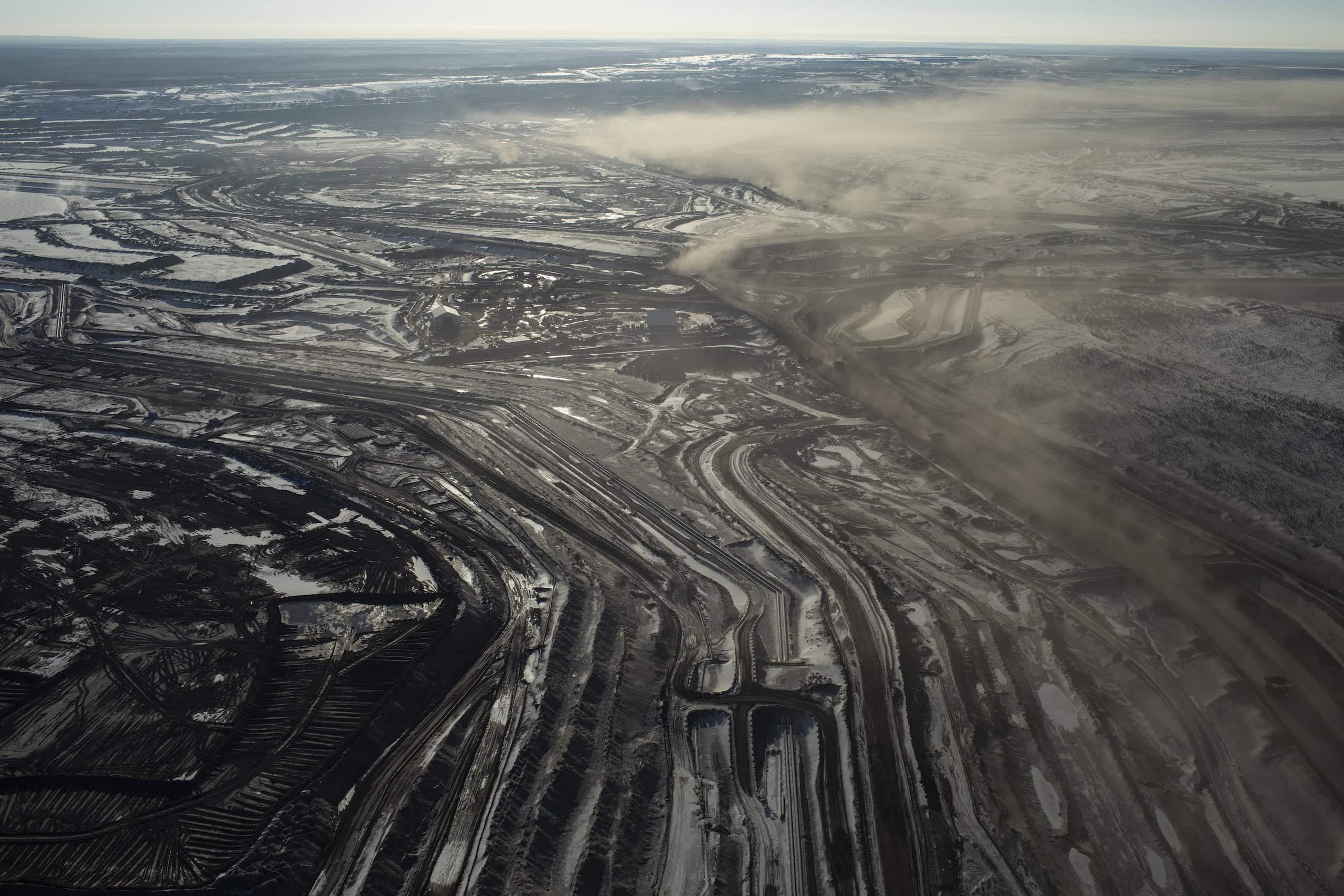
Federal Liberal Leader Mark Carney may have left B.C. after a two-day swing, including a stop in Richmond Monday night, but a poll released Tuesday points to solidifying strength in Canada's most western province not seen since the Trudeau-mania of the late 1960s.
The Research Co. poll shows the federal Liberals (44 per cent) leading the federal Conservatives under Pierre Poilievre by six points in B.C. Nationally, the federal Liberals are leading the Conservatives 44 per cent to 36 per cent.
"We have to go back to 1968 to have a level of support for the Liberals similar to what they have right now," Mario Canseco, president of Research Co., said. "In the first Trudeau-mania election, they got 42 per cent of the vote in B.C. They are at 44 per cent, so it's historic."
Canseco added that the current support for the federal Liberals puts them ahead of their 2015 showing when they won 35 per cent of the popular vote and picked up seats in areas that had not voted for the federal Liberals in decades, such as Kelowna.
"(The) explanation is essentially the collapse of the NDP vote across the country and that includes British Columbia," Canseco said. "They are in the single digits everywhere."
Nationally, the federal New Democrats are polling at eight per cent, equal to their level of support in British Columbia. That means that New Democrats are on pace to win less than half of their popular vote (17 per cent) in 2021.
Canseco said some New Democratic voters are going to the Conservatives. "But many of them are going to the Liberals and it raises the question about the viability of some long-term incumbents," he said.
New Democrats held 24 seats at dissolution, with 12 of those in British Columbia, including five seats on Vancouver Island. A sixth New Democrat MP -- Randall Garrison -- retired before dissolution. Four incumbents (Lisa Marie Barron, Laurel Collins, Gord Johns and Alistair MacGregor) are running again in their Vancouver Island ridings, while Rachel Blaney won't be running in North Island-Powell River.
Carney Sunday campaigned in Collins' riding of Victoria, then made an environmental announcement in Saanich-Gulf Islands, the riding of long-time federal Green MP Elizabeth.
Historically, federal Liberals have done well in Metro Vancouver with federal Conservatives and federal New Democrats competing against each other in parts of the province, including Vancouver Island.
Canseco said Carney is fishing in NDP and Green waters because the Liberals sense an opportunity to have a massive majority government based on their large and growing leads in Ontario and Quebec.
"It would be rare to see pockets of (federal Liberal red) on (Vancouver Island), but if you start to see this trend of the vote for the NDP dropping and the vote for the Liberals rising, you could see some red," he said. "But it also raises the question of an interesting strategic voting decision, particularly in the north (of Vancouver Island)."
If New Democratic support in the northern half of Vancouver Island drops with the federal Liberals gaining, federal Conservatives, including controversial candidate Aaron Gunn, could end up as winners, he said.
In other words, surging Liberals could actually benefit federal Conservatives on northern Vancouver Island by taking away support for New Democrats. "I think that is a real possibility in the north," Canseco said.
Conservatives, for their part, have identified Vancouver Island, along with parts of B.C.'s interior for pick-ups and incumbent federal New Democrats on northern Vancouver Island, in other words, appear in trouble, according to available polls. Their incumbency, in other words, might make no difference, just as it did not make any difference for the former B.C. United MLAs who ran as independents during last year's provincial election.
"I think that's a good analogy," he said. He added that in Ontario, New Democrats finished with more seats than the provincial Liberals, even though they won fewer votes, because of their local connections. "But this one (election) is different, because it is ultimately a referendum on Trump," he said.
This point shines through when looking at the issues most important to voters. According to the survey, three-in-ten likely voters (31 per cent, up one per cent) think Canada-U.S. relations to be the most important issue facing the country. Far fewer choose the economy and jobs (19 per cent, minus one per cent), housing, homelessness and poverty (18 per cent, up one per cent), health care (11 per cent, up two) and immigration (five per cent, minus two per cent).
Canseco said these figures play to Carney's strengths, especially among Canadians 55 years and older. Among that age cohort, 40 per cent consider U.S.-Canada relations the most important issue. The issue becomes less important for younger voters, with whom Conservatives are still connecting, Canseco said.
"But you can't win with that group," he said. "You need to be able to bridge the gap with (voters 55 years and older)," Canseco said. He added that Conservatives tried to do that to a degree with his promise to increase the annual limit on contributions to the tax-free savings account, but only for funds invested in Canadian companies.
"But this group (55 years and older) is completely galvanized by the Trump thing, Canada-U.S. relations and the effect it will have on the economy and jobs," Canseco said. He added that Poilievre needs to discuss what the country would look like if he were Trump's rival. "That is also part of what changed things," he said. "It was fairly easy for Poilievre to go out there and say, 'Justin Trudeau is not respect. This is why we are being called the 51st state."
But Trump's tone toward Canada has changed since Carney has become prime minister by replacing Trudeau as federal Liberal leader. "He (Poilievre) can't say, 'well, Carney is not respected.'"










